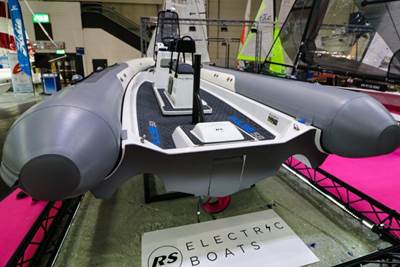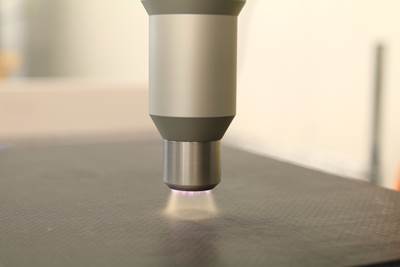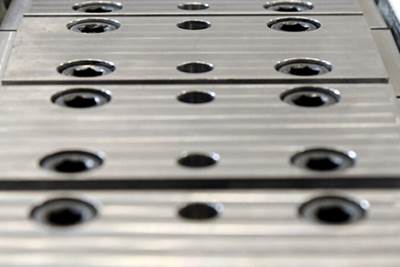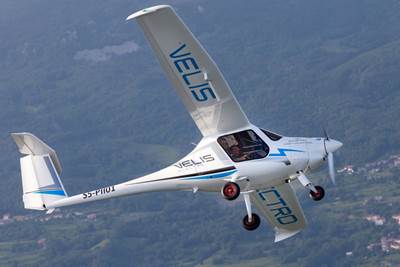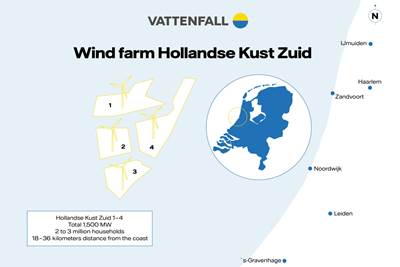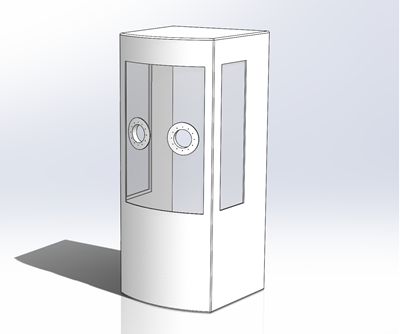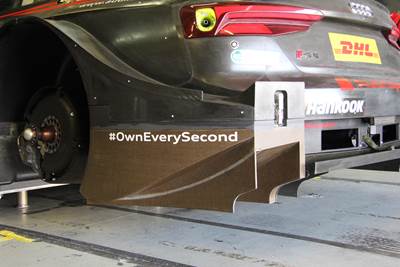Sustainability
People in Composites: June 2020
Siemens Gamesa, Composites for Europe, SPE, Lockheed Martin and more announce management changes.
Read MoreRS Electric Boats selects Norco for composites fabrication
Comprised of bio-based infused epoxy resin, recycled PET core and basalt and flax fibers, the Pulse58 drives a different approach to boating.
Read MoreSurface treatment for adhesive bonding: Thermoset vs. thermoplastic composites
According to BTG Labs, common surface treatment methods like abrasion and plasma treatment work best for different materials.
Read MoreNabrawind announces OEM order for jointed blade
Nabrawind expects commercial manufacturing of its modular blade to begin by 2021 for a top five wind turbine OEM.
Read MoreNASA prepares for phased testing of its first all-electric X-plane
Flight testing of the X-57 Maxwell will assess its electric cruise motors and composites-intensive, high-aspect ratio wings.
Read MoreVelis Electro all-electric aircraft obtains type certificate
Obtained from EASA, the Type Certification furthers Pipistrel’s goal for sustainable and emissions-free aircraft.
Read MoreEurope's Vattenfall invests in world’s largest offshore wind farm
The 1,500-MW Hollandse Kust Zuid wind farm will power 2 million-3 million Dutch homes and is part of a larger industry trend toward renewables and away from fossil fuels.
Read MoreFiberglass composites enable lighter, sturdier COVID-19 testing booth design
Canada-based Imagine Fiberglass’ IsoBooth station is designed to eliminate the need for PPE by healthcare workers testing patients for COVID-19.
Read MoreUTComp improves launched composite inspection system
The non-destructive, non-intrusive corrosion barrier evaluation process increases worker safety and extends the service-life of industrial infrastructure.
Read MoreGerman racing series shifts to natural fiber application
German racing series DTM says the shift away from carbon fibers will be more cost-efficient, improve lightweighting and reduce the organization’s ecological footprint.
Read More
